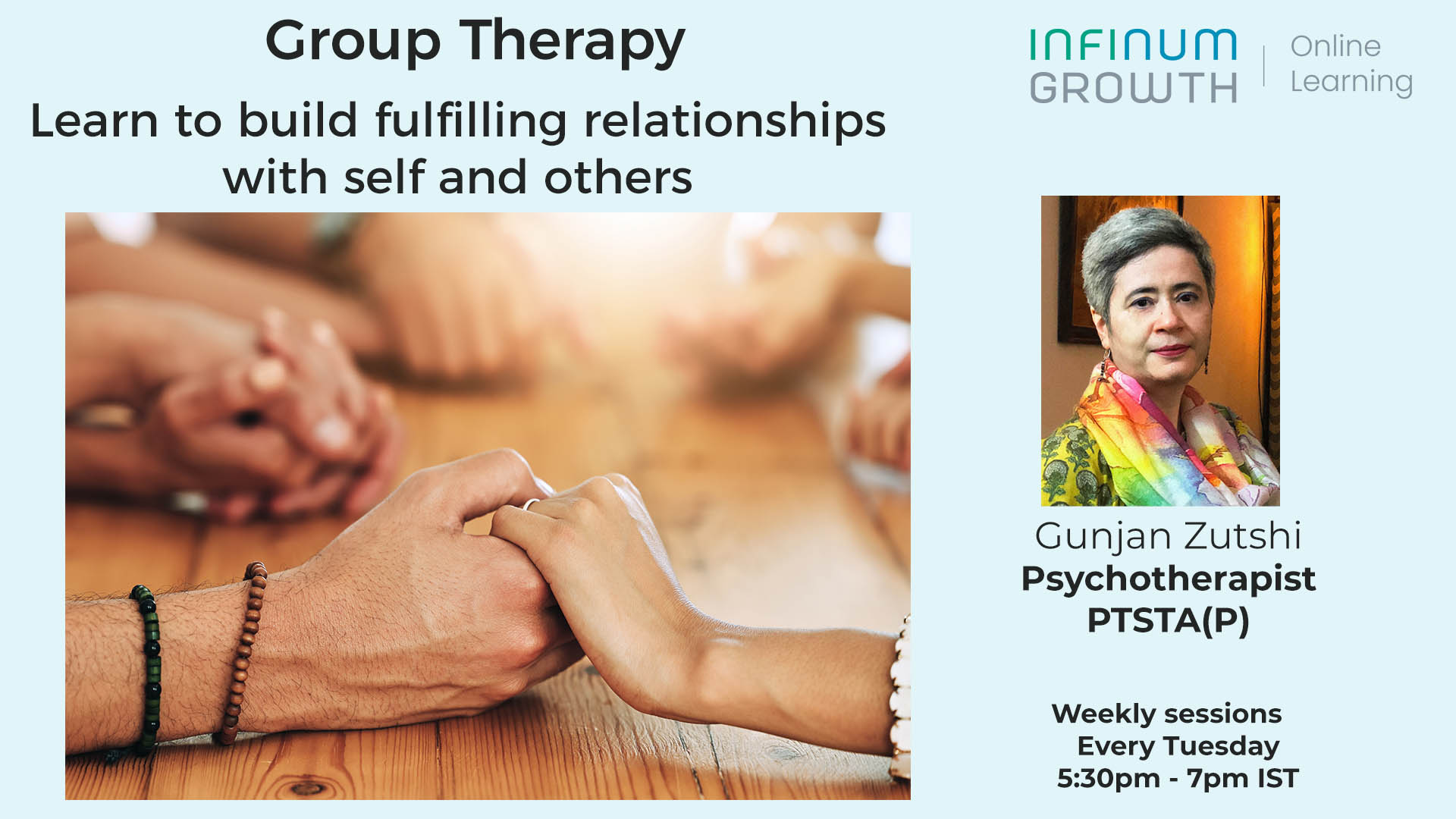I have been wanting to write this article on Procrastination for a very long time. Every time I decided to start writing, some urgent work would come up and I would postpone the writing. And then, there were times when there was no urgent distraction, yet I pushed back, making some excuse to convince myself.
So, what was I doing?…… Procrastination !!!
The very act about which I have been wanting to write about, for a very long time!!!
Why do we indulge in Procrastination ?
When we reflect, each one of us will realise that we often procrastinate. If we analyse, we will see that the reasons we give ourselves or others, for delaying the action, are often just convenient excuses.
The real reason for the delaying and procrastination would actually be something which is sitting deep within us, which we may not even want to confront.
In my case, I guess the real reason was just lethargy, which was stopping me from sitting down and putting my thoughts together. Conveniently, I would find some other work which became “critical” or “urgent”, so that I could convince myself about delaying, without feeling guilty.
In personal life or at the workplace, there are always goals, which can be broken into 3 levels – immediate, medium term, long term.
Often we seem to get so caught up in the immediate goals, that we push back the actions related to the other two types of goals.
This could be a clear sign of procrastination! It happens especially when, either we are very tense with the current situation, lack clarity with the medium/long term goals, or are scared of confronting some issue.
So, unconsciously, we seek and engage in immediate actionable items, to avoid committing ourselves to specific actions meant for the medium or long term goals, because of the discomfort at the back of our minds.
Impact of Procrastination
The net impact is that we get stuck in the present. We may believe we are working towards the future, but in reality, we have put it on hold due to the unstated issues we are sitting with.
As a result, there is a sense of dissatisfaction deep within, because we are not moving ahead; and yet, we will convince ourselves that we need to wait.
This goes on, till someone else or some other event, compels us to wake out of procrastination.
This behaviour, if going on for long, has its impact on our –
- personal health – mental and physical
- quality and progress at work
- personal and/or workplace relationships
- personal life/workplace goals
How to identify when we are procrastinating
It is therefore important to become alert to the fact that we are habitually procrastinating. How do we know when we are doing that?
- One way is to take periodic pauses, to reflect upon the state of things and introspect objectively. Confirm and confront ourselves, if we are solely responsible for inaction, delays and failure.
- Take a clear stand on the issue which is causing the indecision. Take help if required, to sort out the issue. But don’t let things hang!
- If the situation is taking a serious turn, it is advisable to take help from a good Mental Health Counsellor who will help us reflect upon our own actions, inactions and reactions, without being judgemental or advisory .
- It’s also possible that the issues affecting us are complex and our actions/inactions are related to past issues/past prejudices etc which have remained unresolved. That is when Psychotherapy helps, by taking us to the root causes that affect our actions/inactions.
Finding solutions – including the decision to not take action
Once the issues within us are brought forward and it is evident as to why procrastination is happening, it becomes easier to work on the way ahead. If the uncertainty which was holding us back is confronted, the possible new decision could include a resolve to totally bypass the problem and move on.
Here again, depending on the complexity, professional help can be taken –
- A counsellor/therapist could help, by asking suitable questions, in making us think of the way forward, in terms of the behavioural style we would like to adopt to deal with situations.
- If there are issues of skills and action plans that need to be addressed, a life coach or an executive coach/mentor (depending on whether it’s a personal or professional space issue) could help.
In conclusion, frequent acts of procrastination is a warning signal that we are sitting with unresolved issues which we are not addressing or talking about. This in turn affects our future plans and expectations. Being alert to and accepting that there is procrastination, can help identify the issues and take suitable action, in order to resolve and move on.
We have one life to live; living it fully and happily needs us to resolve issues as and when they arise; and not avoid them through procrastination.
Please do leave your comments at the bottom and do share with others if you like this article.


















